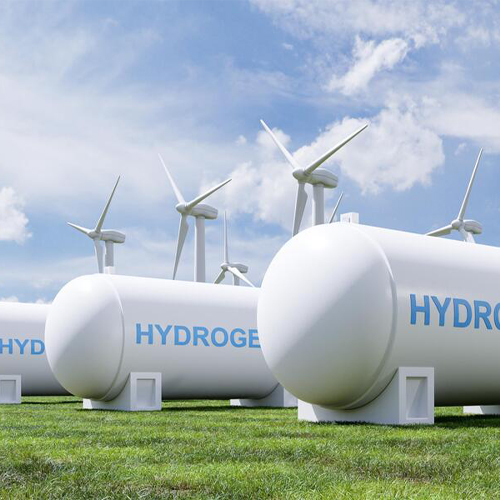Unleashing the Power of Hydrogen: A Clean Energy Revolution
In the quest for sustainable energy solutions, hydrogen stands out as a beacon of hope. With its potential to revolutionize the energy landscape, hydrogen is increasingly being hailed as the fuel of the future. As the world grapples with climate change and seeks alternatives to fossil fuels, hydrogen offers a promising pathway toward a cleaner, greener future.
Hydrogen, the most abundant element in the universe, possesses remarkable energy potential. When used as a fuel, it produces only water vapor and heat, making it a clean and versatile energy source. The versatility of hydrogen lies in its ability to be produced through various methods, including electrolysis of water, steam methane reforming, and biomass gasification.
One of the most attractive aspects of hydrogen is its potential to decarbonize sectors that are traditionally hard to electrify, such as heavy industry, shipping, and aviation. By replacing fossil fuels in these sectors with hydrogen, we can significantly reduce greenhouse gas emissions and combat climate change.
Moreover, hydrogen can play a crucial role in energy storage and grid stability. Excess renewable energy generated during peak times can be converted into hydrogen through electrolysis and stored for later use. This stored hydrogen can then be used to generate electricity through fuel cells or be directly injected into existing natural gas infrastructure, thereby ensuring a reliable and resilient energy supply.
Countries around the world are increasingly recognizing the potential of hydrogen and are investing heavily in its development and deployment.
However, challenges remain on the path to widespread adoption of hydrogen. Cost, infrastructure, and technological barriers need to be overcome to make hydrogen competitive with existing energy sources. Additionally, ensuring the sustainability of hydrogen production methods is essential to avoid potential environmental pitfalls.
Despite these challenges, the momentum behind hydrogen is growing, fueled by a shared vision of a sustainable and prosperous future. As technological advancements continue and economies of scale are achieved, the cost of hydrogen is expected to decrease, making it increasingly competitive with conventional fuels.
In conclusion, hydrogen holds the key to unlocking a sustainable energy future. By harnessing its vast potential, we can mitigate climate change, reduce dependence on fossil fuels, and usher in a new era of clean energy prosperity. The time to embrace hydrogen is now, and together, we can build a brighter, greener tomorrow.
